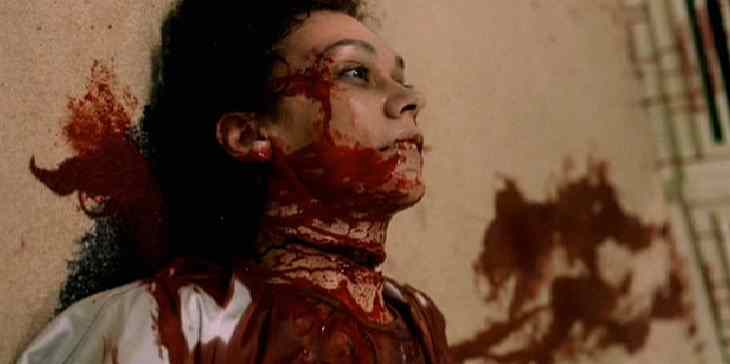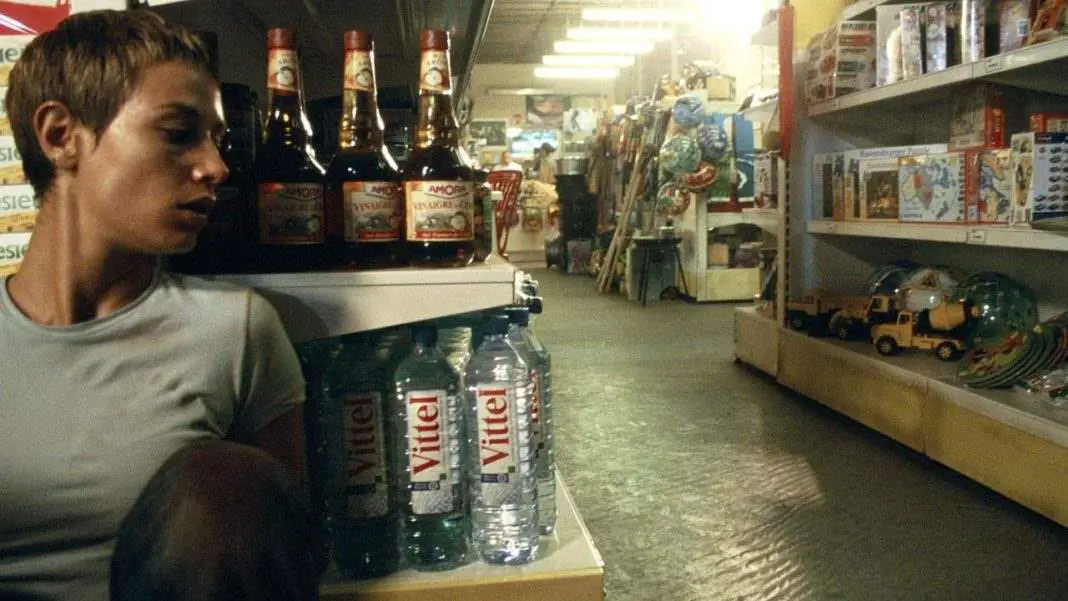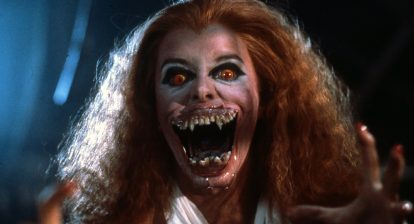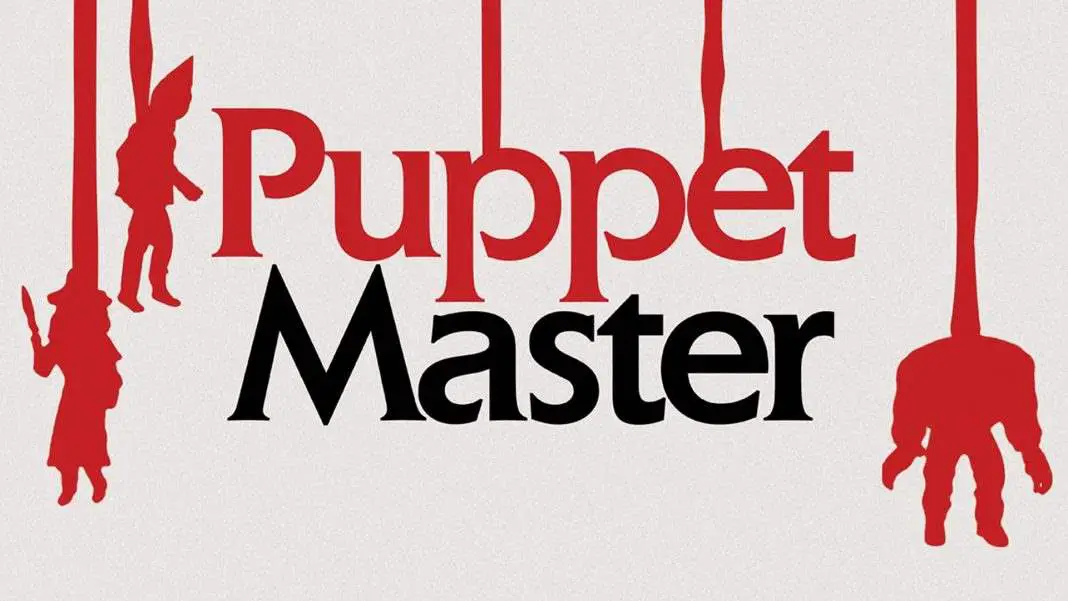High Tension, which is also known by the names Haute Tension and Switchblade Romance, is one of the most important horror films of the early 2000’s. It helped to usher in the movement now known as New French Extremity and remains one of my absolute favorites of its decade. Alexandre Aja proved himself so effectively with this film that his success boomed right after it. He’s since gone on to helm high profile remakes instead of more innovative indies like this one.
At the same time, while it is both fresh and innovative, High Tension is a total throwback to ‘70s era horror films like The Texas Chain Saw Massacre and The Last House on the Left. This is something that a lot of filmmakers following on Aja’s heels brought to the decade as well, to the point where the entire mid-2000s feels like a ‘70s revisionist movement. A whole lot of that is owed to High Tension and how well it works. But the thing that makes this feature stand apart, I think, is the fact that it was taking on that retro feel from a French perspective. Most of the other grindhouse-style slashers from the mid 2000s were American productions, but High Tension was not. Aja was very tied to that style, but not necessarily to that subtext, which actually helps the movie in the long run.

High Tension is a divisive movie, for sure. One of the most divisive of its decade among horror fans. People are totally split by the ending and have been ever since it was released. After thirteen years, I would say at this point that more people hate the ending than don’t. And for plenty of them, the ending ruined the entire thing. But why? What’s the problem with High Tension that it would cause its audience to turn on its entire third act?
I think part of it is that one of the things people loved about High Tension was the brutality. Many viewers loved how traditional it was for its time, how much it harkened back to the tone and style of their old favorites while still being visually unique. For plenty of people, it wasn’t so much about the characters. It wasn’t about Marie and her journey, it was about seeing some really screwed up kills. Nothing wrong with that, really, and I understand why they would reach that point when there’s a scene to play to those interests right near the beginning of the film. The first real shot of violence we see is a man giving himself oral via a decapitated head. That sets a tone right away.
 The other major—and much more vocal—complaint is that the ending doesn’t make any sense. That it’s tacked on, it’s stupid and out of place and contradicts the whole film. I honestly sometimes feel like people were watching a different movie than I was when they say that. But let’s address the major issue first: logic. It’s the elephant in the room and if I’m making a case on behalf of High Tension, I can’t not address it. If you look at it from a traditional narrative standpoint, obviously Marie could not be the killer because there are so many scenes where the killer is interacting with someone while she is also in the room. The killer is driving a truck while she is following in the car behind him, and so many other examples of her interactions with the killer throughout the picture.
The other major—and much more vocal—complaint is that the ending doesn’t make any sense. That it’s tacked on, it’s stupid and out of place and contradicts the whole film. I honestly sometimes feel like people were watching a different movie than I was when they say that. But let’s address the major issue first: logic. It’s the elephant in the room and if I’m making a case on behalf of High Tension, I can’t not address it. If you look at it from a traditional narrative standpoint, obviously Marie could not be the killer because there are so many scenes where the killer is interacting with someone while she is also in the room. The killer is driving a truck while she is following in the car behind him, and so many other examples of her interactions with the killer throughout the picture.
But Marie is simply a classic unreliable narrator, something commonplace in fiction but harder and much less common to see on the screen. It’s virtually the same scenario as Fight Club. There are many scenes with both of them, but one is always dominant. We’re seeing what Marie sees and, judging by the framing device at the beginning and end, this could also be her telling the story, in which her fractured and fragmented details would make perfect sense. Either way, it works. By the end of the feature, I completely buy that this is exactly how Marie imagined the scenario happening.
 For me, High Tension is a success from beginning to end. The ending does not come out of nowhere. The lesbian subtext—or text, as the case may be—is not tacked on. We have a scene of Marie masturbating while watching Alex before the killer even shows up. The scene of the killer and the decapitated head while Marie and Alex are on the road is brilliant for two reasons. One, because it shows that Marie is already thinking about what she’s going to do. This is all running through her mind at the time. Two, if you go back and look at it, that’s Alex’s head that the killer is having sex with.
For me, High Tension is a success from beginning to end. The ending does not come out of nowhere. The lesbian subtext—or text, as the case may be—is not tacked on. We have a scene of Marie masturbating while watching Alex before the killer even shows up. The scene of the killer and the decapitated head while Marie and Alex are on the road is brilliant for two reasons. One, because it shows that Marie is already thinking about what she’s going to do. This is all running through her mind at the time. Two, if you go back and look at it, that’s Alex’s head that the killer is having sex with.
Everything is laid out in a way that the film simply does not get enough credit for. High Tension was a crowning achievement of the early 2000’s and helped to pave the way for a great decade, getting horror back on track after the studio interference that defined the late ‘90s. It has its admirers and just as many detractors. Both are fine, but I can’t see the picture as anything other than a success. Whether you like what it did or not, it did everything it set out to and holds up as exactly the movie it was intended to be.






